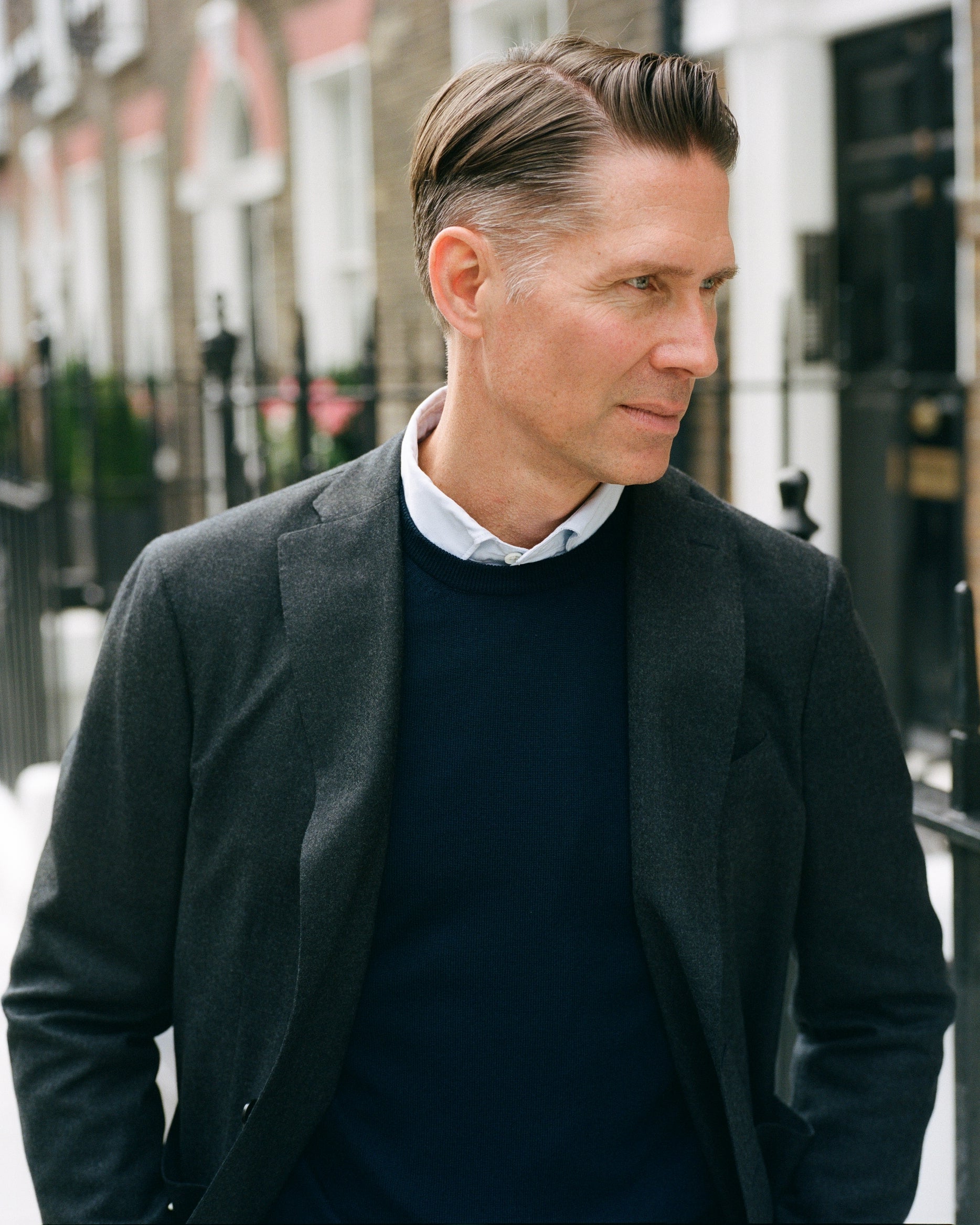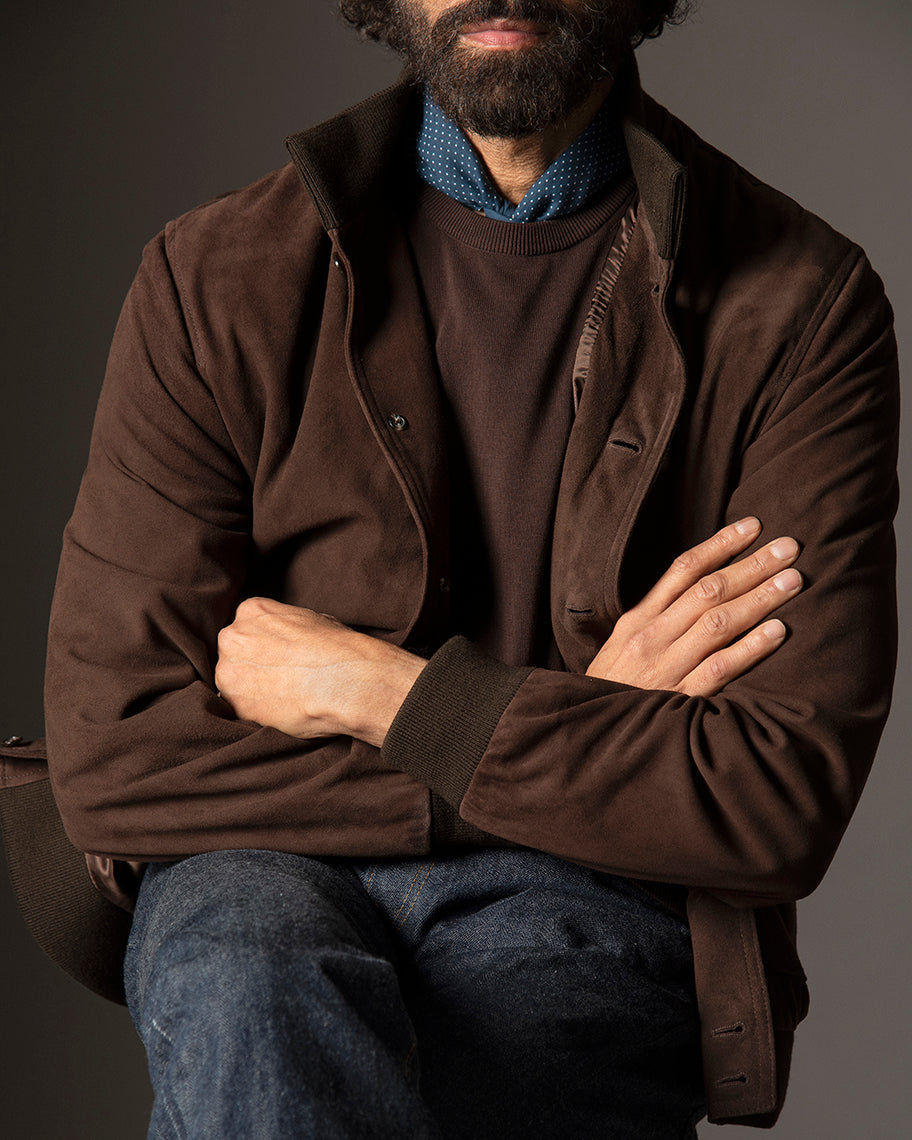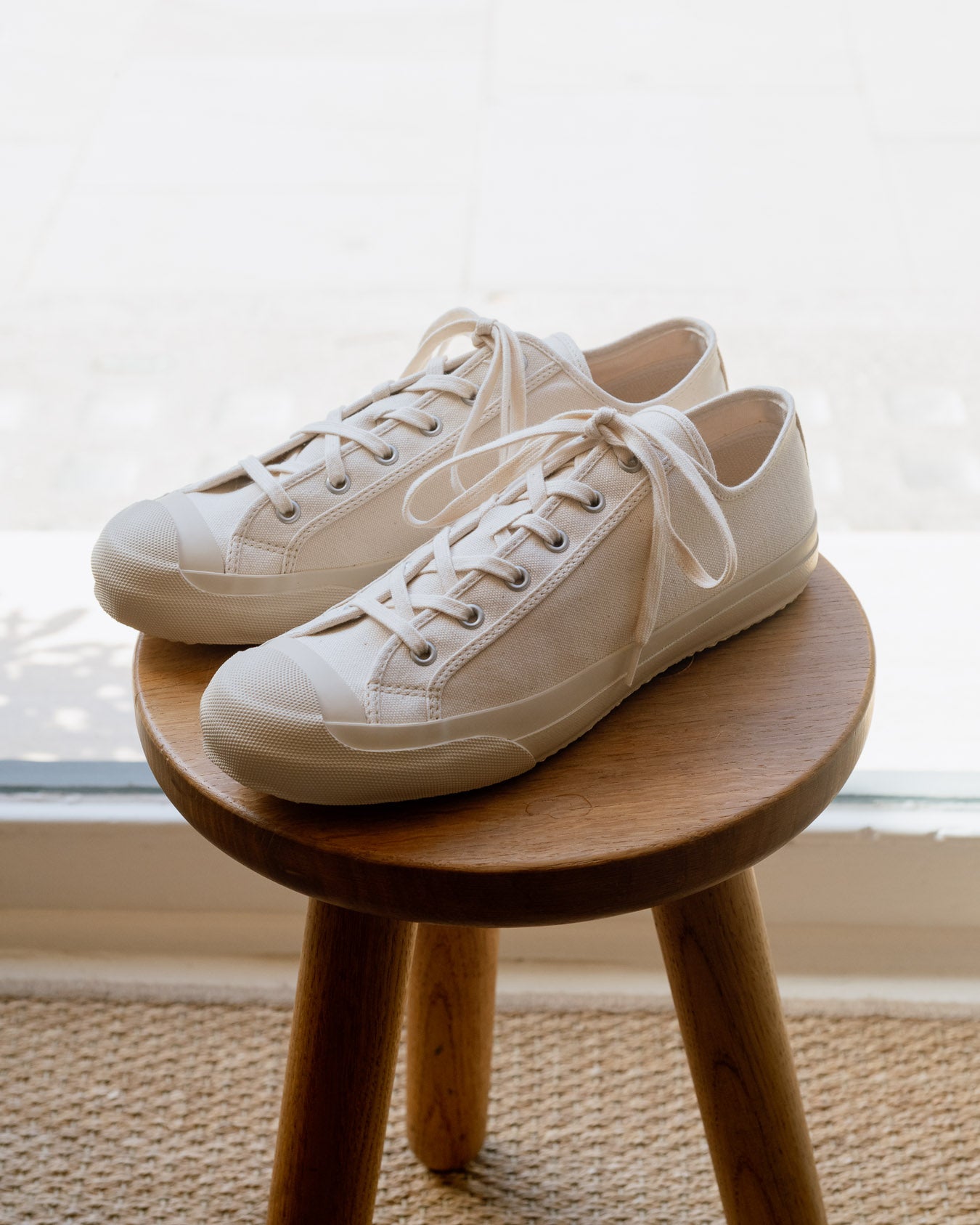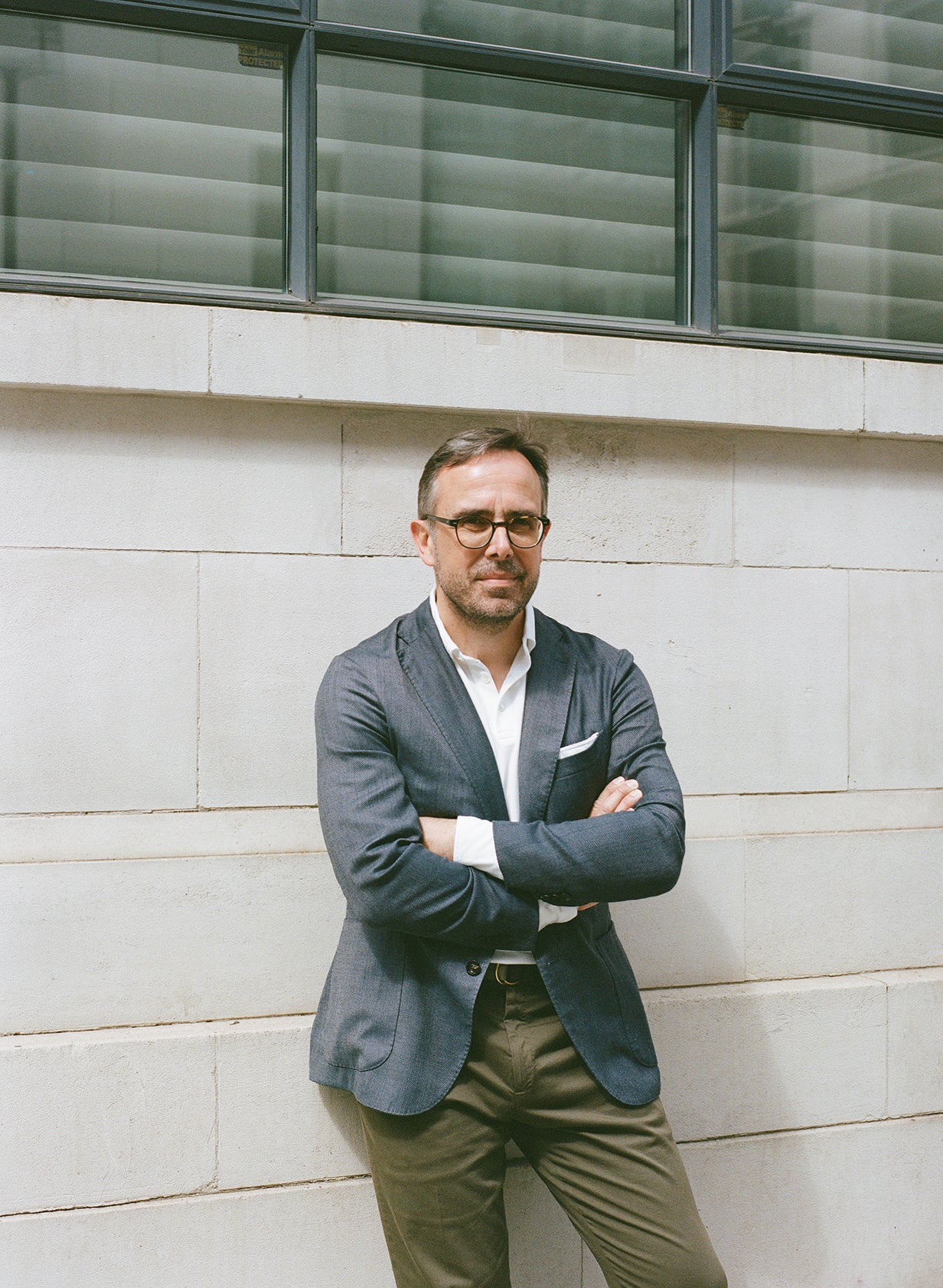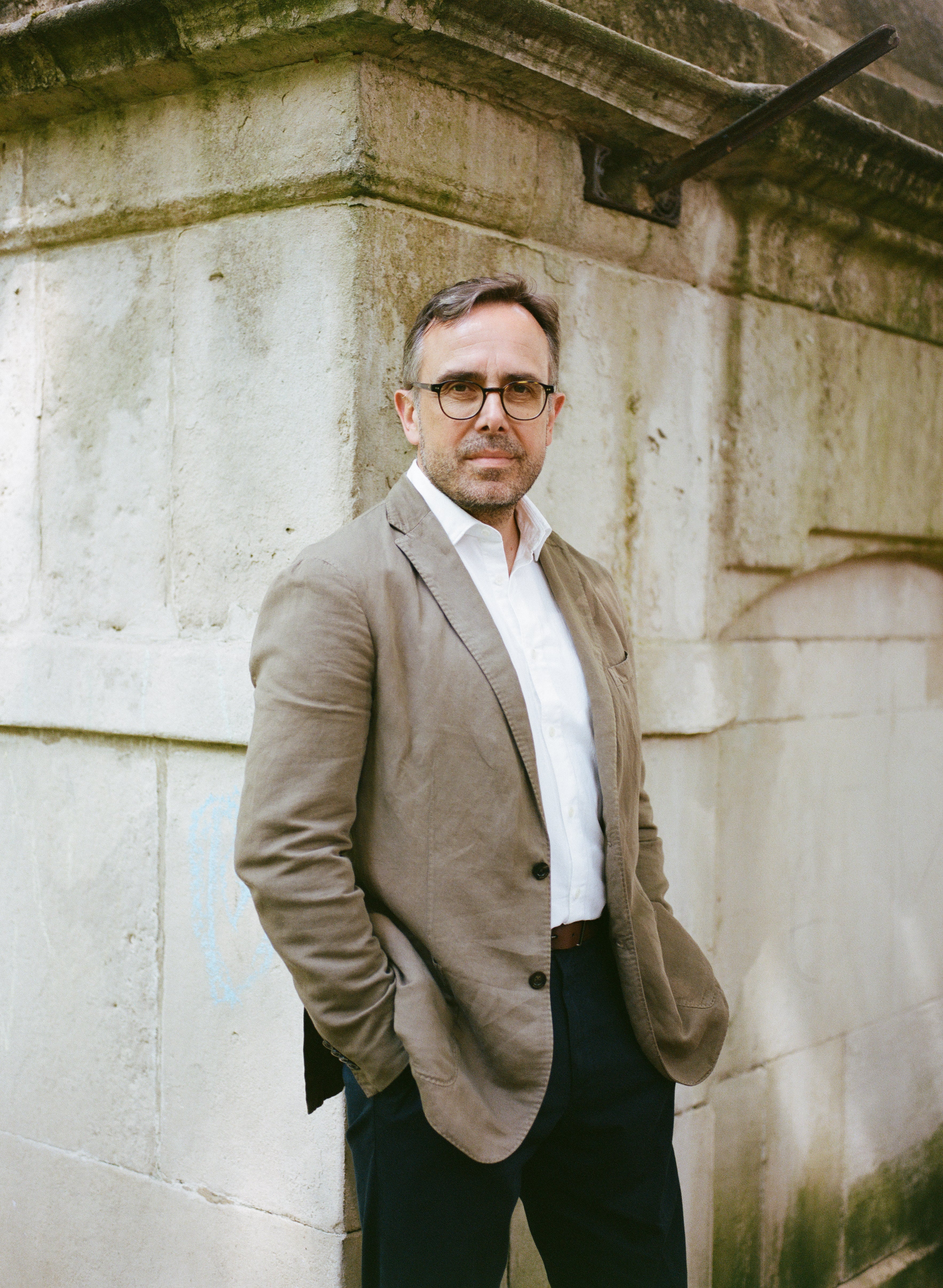Trunk Talks: Achim Berg, Fashion Industry Expert
You've just completed an almost 24-year tenure at McKinsey & Company. Could you tell us about your time there and share any highlights?
When I joined McKinsey & Company in 2000, I had no idea that I would focus on the fashion and the luxury industry. In the early days, I coincidentally discovered my “passion for fashion” through a few inspiring projects. I was drawn to this often superficially characterised industry, especially the people within it. They were markedly different from those in “normal” retail, and I never experienced a dull moment.
My colleagues were initially sceptical about the industry’s prospects, and McKinsey had little reputation in the field. However, I found a group of like-minded colleagues, and the rest is history. The Apparel, Fashion & Luxury group, which I co-founded and have led for the past eight years, now accounts for a significant share of McKinsey’s consumer work and is broadly recognised for its expertise and impact.
You're now working on a book focused on the future of fashion, which is very exciting. Can you tell us more about it? Is it aimed at industry professionals or a more general audience?
In 2016, I met Imran Amed from the Business of Fashion (BoF), and we immediately felt a connection. BoF was still a relatively young start-up, and he was working on the first VOICES conference. Together, we developed the idea of a fashion industry report with the humble objective of making it the “Christmas reading” of the industry. Co-developing and co-editing the report series over the last seven years has been a true labour of love.
While the State of Fashion report will continue as a partnership between BoF and McKinsey, I am now turning my attention to the future of fashion. I have begun conducting interviews with key decision-makers to form a vision of what the industry will look like in 2035. I aim to explore the themes that will shape the next decade. The resulting book should be an exciting read for everyone deeply interested in the business of fashion, from students to CEOs.
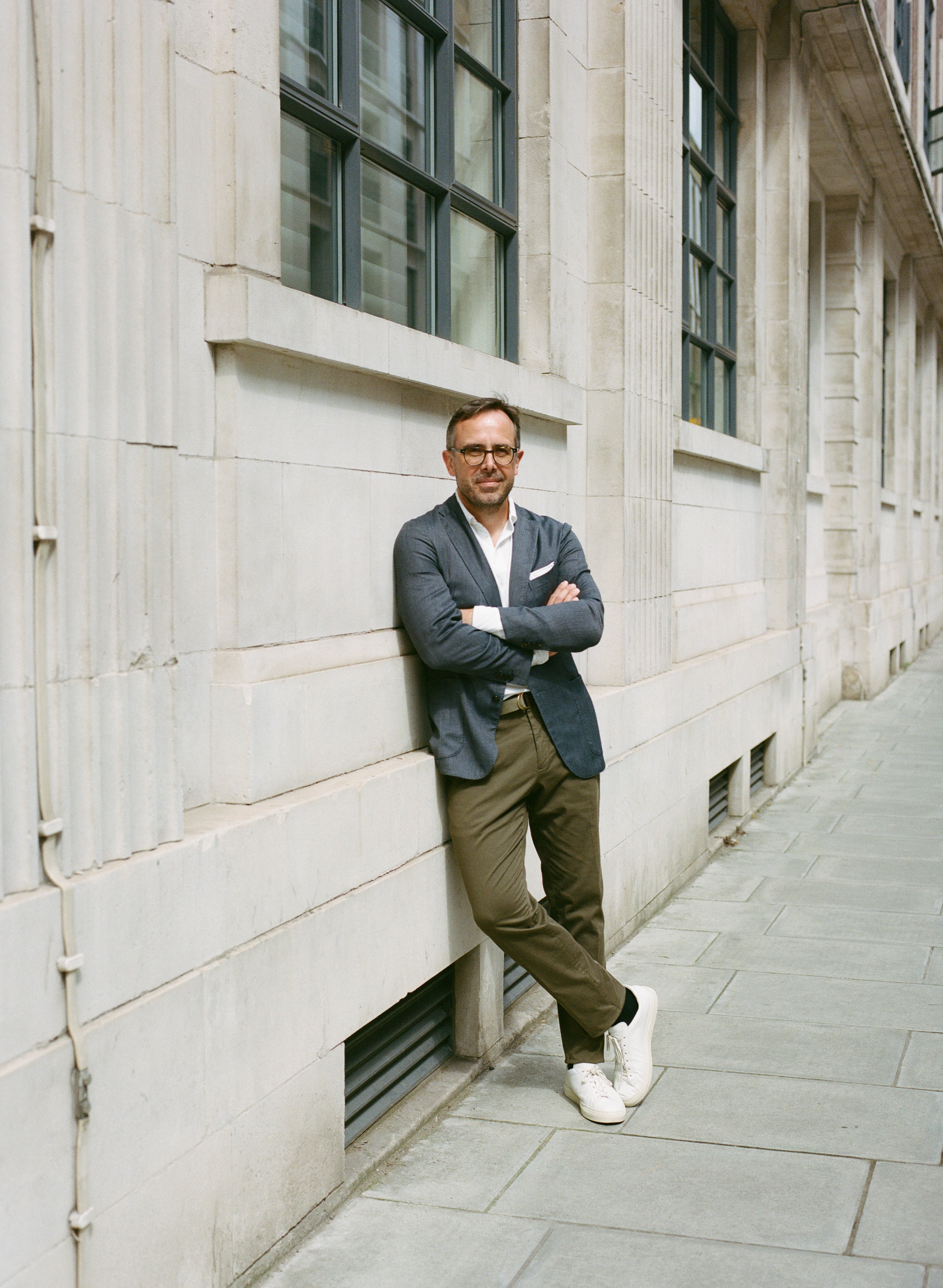
With tech and AI playing an increasingly significant role in almost every sector, which emerging technologies do you believe will have the most substantial impact on the fashion industry in the next ten years? Where should the focus be?
The fashion and luxury industry is, in many respects, still low-tech. While the consumer-facing front end has been digitised, many crucial back-end processes have remained largely unchanged for the last 10-15 years. Compared to other industries, the product development process, for example, is often still manual, slow, and inflexible. The use of data and AI will help radically transform these processes, enabling companies to better react to consumer demands and operate more sustainably. Consider the potential to avoid waste in the production process and reduce overstock due to shorter lead times and better planning.
We're all aware of fashion's global impact on the environment. What can be done on a consumer level to reduce our impact? Buying less, buying more consciously?
Definitely both. The success of fast fashion and the constant decline in production costs fuelled apparel consumption in advanced economies until 2020. The pandemic appears to be a turning point, as people had time to reflect on their full wardrobes, leading to greater recognition of sustainability. Personally, I aim to make fewer but more conscious purchases, focusing on the quality and sustainability credentials of brands and retailers. Less but better is more.

You split your time between Wiesbaden, Gothenburg, and London. Do you have any recommendations or must-visit places in each city?
McKinsey has definitely delivered on the promise of “join the Firm and see the world,” and I've certainly travelled extensively over the years. However, these three cities are what I call home. Wiesbaden is where I live with my family. I love the open market on Saturdays and enjoying a cappuccino at Kaufmanns Kaffeerösterei (Markstraße 12, Wiesbaden). Göteborg’s archipelago is our happy place in summer, and few things beat a boat trip to Salt & Sill in Klädesholmen for lunch. London was my business home for the last 10 years, and Noizé in Fitzrovia is my preferred dinner spot, unless I'm at Pall Mall 67 in St. James.
Thank you, Achim!


